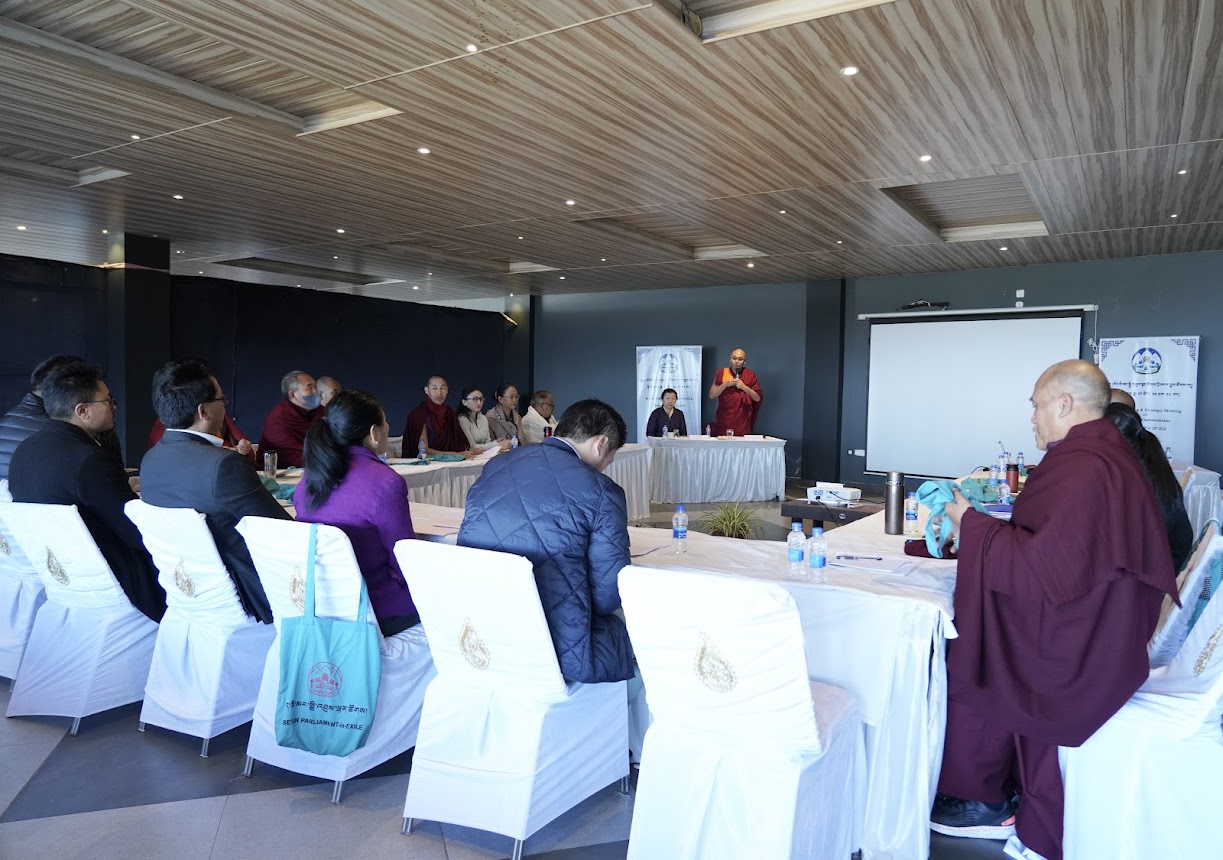Standardizing and Accessing Immunogenetic Knowledge

Latest advances in sequencing expertise have made it attainable to pattern the immune repertoire in beautiful element. Deep sequencing of antibody/B-cell and T-cell receptor repertoires (AIRR-seq knowledge) has monumental promise for understanding the dynamics of the immune repertoire in vaccinology, infectious illnesses, autoimmunity, and most cancers biology, but in addition poses vital challenges. “The info are very difficult, there are various steps to acquiring them, and every of these steps may be executed barely in another way,” mentioned Felix Breden, PhD, co-founder of the Adaptive Immune Receptor Repertoire (AIRR) Group and scientific director of iReceptor.

In accordance with Breden, genes of the adaptive immune system are among the most intricate, duplicated, and extremely developed genes in vertebrates. “Making an attempt to grasp the immunoglobulin and T-cell receptor loci and the expression of the T-cell and B-cell repertoires require knowledge standardization to facilitate sharing. However the strategy of implementing standardization is sluggish, takes neighborhood initiative, face-to-face work, and follow-up.”
This want led Jamie Scott, PhD, Tom Kepler, PhD, and Breden to brainstorm an Open Science grassroots neighborhood in 2014. In the present day, the AIRR Group is an official committee of The Antibody Society and develops and promotes requirements and proposals for acquiring, analyzing, curating, and evaluating/sharing AIRR-seq datasets.1 They validate instruments to investigate AIRR-seq knowledge and relate AIRR-seq datasets to different “massive knowledge” units, similar to microarray, circulation cytometric, MiSeq, and single-cell gene-expression knowledge, and deal with the authorized and moral points involving the use and sharing of datasets derived from human sources.
The AIRR Group developed the AIRR Knowledge Commons, which observe a distributed knowledge mannequin and is presently composed of seven globally distributed repositories that present public entry to greater than 80 MiARR-compliant research, together with many COVID-19 research, and the accompanying AIRR-seq knowledge.2 MiARR is a set of requirements and protocols for curating and sharing the immense repositories.
The main focus of the iReceptor platform is to federate the massive AIRR Knowledge Commons and to facilitate the curation, evaluation, and sharing of those antibody/B-cell and T-cell receptor repertoires. The platform connects the distributed community, permitting queries throughout a number of initiatives, labs, and establishments. Over 5 billion sequences and eight,987 repertoires are presently out there from seven distant repositories, 70 analysis labs, and 85 research.

“Consider the AIRR Knowledge Commons as a ravishing artwork gallery the place you possibly can present your knowledge, in a usable kind, to the world, and the iReceptor Gateway because the Google of AIRR repertoires, enabling queries similar to ‘federate all repertoires of ovarian most cancers sufferers underneath a specific remedy.’ Research produce large quantities of information from just a few samples, and, generally, the sign may be very weak and troublesome to make use of for predictions. There’s a actual want is to deliver the information collectively from a number of research to get bigger pattern sizes,” mentioned Breden.
Current functionalities enable trying to find repertoires satisfying sure metadata, repertoires that comprise particular CDR3 sequences, and recognized repertoires for sequences derived from specific V, D, and J genes and alleles. Sequences may be downloaded in AIRR.tsv format, simply importable to different AIRR-seq evaluation instruments, or analyzed via the Gateway with widespread instruments.
Essential new functionalities of the AIRR Knowledge Commons and the iReceptor Gateway are the flexibility to curate, share, and analyze single-cell profiling knowledge. This method permits linkage of an immune receptor with the physiological state of the cell. “It’s a large benefit in attempting to grasp and predict the habits of the adaptive immune system,” mentioned Breden.
“Since single-cell pattern sizes are smaller, sharing turns into much more vital. The AIRR Knowledge Commons are AIRR-seq knowledge repositories from a number of laboratories that anybody can use,” mentioned Breden. Positioned at Simon Fraser College, the iReceptor Gateway, an implementation of the imaginative and prescient of the AIRR Group, follows the AIRR Group requirements and is a part of the EU/CIHR funded iReceptor Plus Consortium.3
Single-cell immune profiling is just going to get extra difficult and the information harder to curate. “Group-adopted requirements are more and more vital,” mentioned Breden. “The AIRR Group is open and clear. We publish papers with requirements we’ve got developed after which distribute them to be voted on by your complete neighborhood to get buy-in. Anybody can actively develop into concerned in a Working Group.”

To question or contribute to the AIRR Knowledge Commons contact help@ iReceptor.org.
References
- Trück J, Eugster A, Barennes P, Tipton CM, Luning Prak ET, et al. Organic controls for standardization and interpretation of adaptive immune receptor repertoire profiling (2021) eLife;10:e66274.
- Christley S, Aguiar A, Blanck G, Breden F, Bukhari SAC, et al. The ADC API: An online API for the programmatic question of the AIRR Knowledge Commons. (2020) Large Knowledge; 3:22.
- Corrie BD, Marthandan N, Zimonja B, Jaglale J, Zhou Z, et al. iReceptor: a platform for querying and analyzing antibody/B-cell and T-cell receptor repertoire knowledge throughout federated repositories. (2018) Immunol Rev.; 284(1): 24–41.





